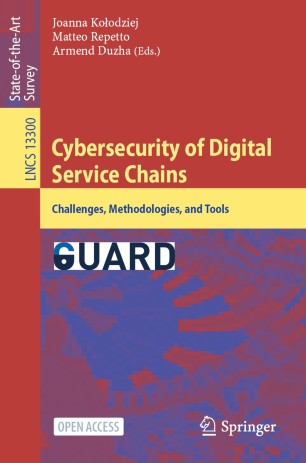Blockchain-Based Task and Information Management in Computational Cloud Systems
Blockchain can be successfully utilised in diverse areas, including the financial sector and the Information and Communication Technology environments, such as computational clouds (CC). While cloud computing optimises the use of resources, it does not (yet) provide an effective solution for the secure hosting scheduling and execution of large computing and data applications and prevention of external attacks.
This chapter briefly reviews the recent blockchain-inspired task scheduling and information processing methods in computational clouds. We pay special attention to security, intrusion detection, and unauthorised manipulation of tasks and information in such systems. As an example, we present the implementation of a new blockchain-based scheduler in the computational cloud. We defined a new Proof of Schedule consensus algorithm, which works with the Stackelberg game, regulates checking and adding new blocks to the blockchain, and determines how to validate schedules stored in transactions. The proposed model assumes competition between different schedule providers. The winner of such a competition takes account of the client’s requirements faster and prepares an optimal schedule to meet them. The presented scheduler extends the possibilities of using different scheduling modules by the end-users. By delegating the preparation of the schedules, providers can get benefits only for that, without executing customer tasks.

